Your One-Stop Shop for Everyday Essentials & Unique Finds
Your Ultimate Hunting Gear List for a Successful Trip
Getting ready for a hunting trip can seem like a lot, especially if you're not sure where to start. You want to make sure you have everything you need so you can focus on the hunt itself, not on what you forgot back home. This hunting gear list is designed to help you get organized, covering the basics and some extras that can make your outing much smoother. Think of it as your go-to guide for packing.
Key Takeaways
- Pack firearms and ammunition appropriate for your hunt, ensuring they are in good working order.
- Don't forget optics like binoculars and rangefinders for spotting and assessing game from a distance.
- Layering clothing is smart; include moisture-wicking base layers, insulating mid-layers, and durable, weather-resistant outerwear.
- Sturdy, broken-in hunting boots are a must for comfort and support on long treks.
- Always carry navigation tools, a first-aid kit, and communication devices for safety and preparedness.
Essential Hunting Gear To Get You Started
Alright, let's talk about the absolute must-haves for your hunting adventure! Getting the right gear together is half the fun, and it really sets you up for a great time out there. Think of this as your starting point – the core items that will make your trip smoother and more successful.
Firearms And Ammunition
This is pretty straightforward, but super important. You'll need a reliable firearm that's appropriate for the type of game you're after. Whether it's a rifle, shotgun, or even a bow, make sure it's in good working order and you're comfortable using it. And don't forget the ammo or arrows! It's always better to have a little extra than to run short when you need it most. Double-check that you have the correct caliber or arrow type for your hunt.
Optics For Spotting Game
Being able to see game from a distance is a huge advantage. Good binoculars are a game-changer for scanning hillsides or dense woods. If you're hunting in more open country, a rangefinder can be incredibly helpful for getting accurate distance readings. This really helps with making those clean, ethical shots. If you're using a rifle, a properly sighted-in scope is also key.
Your Trusty Hunting Knife
Once you've had a successful hunt, you'll need a good knife for field dressing. A sturdy, fixed-blade knife is usually the best bet here. Make sure it's sharp before you go and that you have a safe way to carry it. It might not seem like the most exciting piece of gear, but trust me, you'll be glad you have a solid knife when you need it.
Having the right tools for the job makes all the difference. It's not just about having the gear, but about knowing how to use it and keeping it in good condition. A little preparation goes a long way in ensuring a safe and enjoyable hunt.
Clothing And Footwear For The Field
When you're out there, the right clothes and boots can make all the difference between a great day and a miserable one. Think of your clothing as your personal weather system – it needs to keep you comfortable no matter what nature throws your way. And your feet? They're your transportation, so they deserve some serious attention!
Comfortable Base Layers
Starting with a good base layer is super important. This is the stuff that sits right against your skin, and its job is to wick away sweat. Nobody likes feeling damp and clammy, especially when you're moving around. Materials like merino wool or synthetic blends are fantastic for this. They keep you warm even when wet and help regulate your body temperature. Forget cotton; it holds moisture and can leave you feeling chilled.
- Merino Wool: Naturally odor-resistant and great at temperature control.
- Synthetics: Durable, quick-drying, and often more affordable.
- Fit: Aim for a snug, but not tight, fit for maximum effectiveness.
Durable Outerwear
This is your shield against the elements. You'll want layers that you can add or remove as conditions change. A good waterproof and windproof outer shell is a must-have. Look for breathable fabrics so you don't get too hot and sweaty inside. Pockets are your friends here – think about where you'll want to stash calls, extra shells, or your GPS. And if you're hunting birds, a built-in game pouch can be a real lifesaver.
- Waterproof/Windproof Jacket: Look for features like sealed seams and adjustable cuffs.
- Durable Pants: Consider materials like canvas or Cordura that can stand up to brush and thorns. Reinforced knees are a big plus.
- Blaze Orange: Don't forget this for visibility, especially if you're hunting with others. It's a safety must-have!
Sturdy Hunting Boots
Your feet will thank you for investing in good boots. You'll be doing a lot of walking, often on uneven ground, so ankle support is key. Waterproofing is also a big deal; nobody enjoys soggy socks. Look for boots with aggressive tread patterns to give you good grip on all sorts of terrain, from mud to rocks. Breaking in new boots before your trip is also a really good idea – blisters are no fun!
Here’s a quick rundown of what to look for:
- Ankle Support: Mid-to-high cut boots are generally best.
- Waterproofing: Gore-Tex or similar membranes are excellent.
- Traction: Deep lugs on the sole provide grip.
- Comfort: Make sure they fit well and are broken in!
Choosing the right clothing and footwear isn't just about comfort; it's about safety and performance. Being properly dressed means you can focus on the hunt, stay out longer, and handle whatever the day brings with a smile.
Personal Items And Accessories For The Trail
Alright, let's talk about the stuff that makes your time out there way more comfortable and keeps you going. It's not just about the big gear; these little things can make a huge difference.
Your Go-To Backpack
This is your mobile base camp, so pick one that fits your frame and the length of your trip. You want something that can hold all your gear without feeling like you're carrying a boulder. Look for good padding on the straps and back, plus plenty of pockets to keep things organized. A pack that's too big is just an invitation to overpack, and one that's too small means leaving important stuff behind. Finding that sweet spot is key.
Hydration and Nutrition Essentials
Staying hydrated is super important, especially when you're moving around a lot. Don't just rely on one water bottle; think about a hydration bladder or a way to filter water from natural sources if you're out for a while. For food, pack things that give you energy without weighing you down. Think jerky, nuts, dried fruit, or some good energy bars. Fueling your body right keeps your spirits up and your energy levels steady.
Here’s a quick rundown of what to consider:
- Water Storage: A sturdy water bottle or a hydration reservoir. Consider a collapsible one for extra space when empty.
- Water Purification: A portable filter or purification tablets. You never know when you might need a refill.
- Snacks: High-calorie, easy-to-eat items like trail mix, energy chews, or protein bars.
- Electrolyte Replacements: Packets to add to your water can be a lifesaver on hot days.
Navigation Tools for the Journey
Getting lost is no fun, and it can be downright dangerous. While your phone might have GPS, it's always smart to have a backup. A dedicated GPS device pre-loaded with maps of your hunting area is a solid choice. Even better, pack a good old-fashioned compass and a physical map. Knowing how to use them is a skill worth having. It’s always good to have a plan B, especially when you're out in the wild. You can find some great hunting accessories that include navigation aids.
Don't underestimate the power of a good map and compass. They're reliable, don't need batteries, and can get you out of a jam when technology fails. Practice using them before your trip so you're comfortable.
Safety And Emergency Gear
Being prepared for the unexpected is a big part of hunting. You want to focus on the thrill of the chase, not worry about what might happen if things go sideways. That's where having the right safety and emergency gear comes in. It's not about being pessimistic; it's about being smart and responsible so you can have a great time out there.
First Aid Kit Must-Haves
Think of your first aid kit as your personal on-the-spot medic. It doesn't need to be huge, but it should have the basics to handle common issues. You'd be surprised how often a small cut or scrape can happen when you're moving through brush or setting up camp. Having bandages, antiseptic wipes, and pain relievers handy can make a world of difference. Don't forget any personal medications you might need, too.
Here’s a quick rundown of what to consider:
- Bandages and gauze: For cuts, scrapes, and blisters.
- Antiseptic wipes: To clean wounds and prevent infection.
- Pain relievers: Like ibuprofen or acetaminophen.
- Medical tape: To secure bandages.
- Tweezers: For splinters or ticks.
- Any personal prescriptions: Always a good idea to have a small supply.
A well-stocked first aid kit is your first line of defense against minor injuries turning into bigger problems. It's a small investment for a lot of peace of mind.
Reliable Lighting Sources
When the sun goes down, or if you find yourself out longer than planned, good lighting is a lifesaver. A headlamp is usually the top pick because it keeps your hands free. This is super handy for setting up camp, navigating in the dark, or even just finding something in your pack. Make sure you pack extra batteries or a way to recharge, because there's nothing worse than a dead flashlight when you really need it.
Emergency Signaling Devices
Sometimes, you might need to get someone's attention quickly. A whistle is a simple but effective tool. It's loud and doesn't rely on batteries. For more serious situations, consider a personal locator beacon (PLB) or a satellite messenger. These devices can send your location to emergency services, which is a really good idea if you're hunting in remote areas where cell service is spotty at best. Having a way to signal for help can be the most important gear you bring.
Communication Devices For Staying Connected
Even when you're out in the wild, staying in touch can be super important. Whether it's for safety, coordinating with your buddies, or just sharing those awesome moments, having the right communication gear makes a big difference. Let's look at a couple of ways to keep those lines open.
Your Cell Phone and Charger
Your smartphone is probably already coming with you, right? It's a powerhouse for photos, quick notes, and maybe even some offline maps if you set them up beforehand. Don't forget to download those maps before you lose service! It’s a lifesaver when you're exploring new territory. And of course, a reliable portable charger or power bank is a must-have to keep that battery topped up. You wouldn't want your phone to die right when you spot that trophy buck!
Two-Way Radios For Remote Areas
If you're heading into areas where cell service is a distant memory, two-way radios are your best friend. They're fantastic for keeping in touch with your hunting party when you split up to cover more ground. You can easily check in, share sightings, or just let everyone know where you are. They're pretty straightforward to use, and having a couple means you can always stay connected, no matter how far off the beaten path you roam.
Here are a few things to consider when picking out radios:
- Range: How far do you need them to reach? Check the advertised range, but remember that's usually in ideal conditions.
- Durability: Hunting can be rough on gear, so look for something that can handle a bit of a beating.
- Battery Life: You don't want them dying halfway through the day. Rechargeable options are great, but having spares is always a good idea.
Sometimes, the simplest tools are the most reliable. While fancy gadgets are cool, a good old-fashioned two-way radio can be a real game-changer when you're deep in the backcountry.
Miscellaneous Gear For Comfort And Convenience
Sunglasses And Sunscreen
Don't forget to protect your eyes and skin! Even on cloudy days, the sun can be strong, especially when you're out in the open. A good pair of sunglasses will help you spot game better by reducing glare, and sunscreen will prevent those painful sunburns that can really put a damper on your trip. It's amazing how much a little sun protection can improve your overall experience.
Insect Repellent
Depending on where and when you're hunting, bugs can be a real nuisance. Mosquitos, ticks, and flies can make even the most beautiful day miserable. Packing a reliable insect repellent is a smart move to keep them at bay and let you focus on the hunt.
Field Dressing Supplies
If you're successful, you'll need the right tools to take care of your harvest. Having a sharp knife is a must, but also consider bringing along some game bags to keep the meat clean and protected. A small roll of duct tape can also be surprisingly useful for quick repairs or securing things.
Here's a quick rundown of what to consider:
- Sharp Knife: A good hunting knife is non-negotiable.
- Game Bags: To keep your meat clean and cool.
- Gloves: Disposable gloves help keep things sanitary.
- Small Towel or Wipes: For cleaning up.
- Paracord: Handy for various tasks, including hanging game.
Taking care of your harvest properly in the field is part of the hunting ethic. Being prepared makes this process much smoother and more enjoyable.
Weather-Specific Items To Pack

Rain Gear For Unexpected Showers
Don't let a little drizzle or a full-on downpour ruin your hunting trip! Packing good rain gear is a game-changer. We're talking about a waterproof and breathable jacket and pants. It's not just about staying dry; it's about staying comfortable and warm, because getting soaked can quickly lead to a drop in body temperature, which is the last thing you want when you're out in the field. Think of it as your personal shield against the elements. A good set will keep the rain out while letting your sweat escape, so you don't end up feeling clammy. Always check the forecast, but even on sunny days, a sudden shower can pop up. It’s better to have it and not need it, right?
Extra Warm Clothing
Even if you're heading out during a warmer season, mornings and evenings can get surprisingly chilly. Packing an extra layer or two of warm clothing is a smart move. This could be a fleece jacket, a down vest, or even just some warm socks. These extra layers can make the difference between a miserable, cold wait and a comfortable, successful hunt. Think about layering: a base layer to wick away moisture, a mid-layer for insulation, and an outer layer for protection. This way, you can adjust your clothing to match the changing temperatures throughout the day. For those really cold hunts, consider items like hand warmers or boot warmers to keep the chill at bay. Having that extra warmth means you can stay out longer and be more patient, which often pays off when game is scarce. Remember, being prepared for the cold is just as important as being prepared for the rain. You can find some great packing lists for different seasons to help you tailor your gear to specific conditions.
Ready for Your Next Adventure!
So there you have it, a solid rundown of the gear that should get you out there and ready for whatever the hunt throws your way. Remember, this list is a great starting point, but always think about where you're going and what you'll be doing. A little extra prep goes a long way. Now get out there, check your gear one last time, and have an awesome time in the field. Happy hunting!
Frequently Asked Questions
What are the absolute must-have items for any hunting trip?
For any hunting adventure, you'll definitely want to pack essentials like your hunting license and any required tags. Make sure you have the right firearm or bow, along with plenty of ammunition or arrows. Don't forget a reliable hunting knife for field dressing, and good binoculars to spot game from afar. Comfortable, weather-appropriate clothing and sturdy, broken-in boots are also super important for staying safe and moving easily.
How should I choose the right clothing for hunting?
Picking the right clothes means thinking about the weather and where you'll be. Start with base layers that wick away sweat to keep you dry. Then, add insulating layers for warmth, like wool or synthetic materials that still keep you warm even if they get wet. Your outer layer should be tough and ideally in camouflage or natural colors to blend in. Most importantly, make sure your jacket and pants can handle wind and rain.
What navigation tools do I need to bring?
Getting lost is no fun, so navigation tools are key! A GPS device loaded with maps of your hunting area is a great idea. But always have a backup, like a physical map and a compass. Knowing how to use both your GPS and your map and compass is crucial, especially if your electronic devices run out of power or stop working.
Why is a first-aid kit so important for hunting?
Accidents can happen when you're out in the wild, so a well-stocked first-aid kit is a lifesaver. It should have basics like bandages, antiseptic wipes, pain relievers, and any personal medications you need. It's also smart to include things like tweezers for splinters or ticks, and gauze for larger wounds. Being prepared to handle minor injuries can prevent them from becoming bigger problems.
What kind of communication gear should I pack?
Staying in touch is important for safety. Your cell phone is a must, but in areas with spotty service, consider bringing a portable charger or power bank. For hunting with a group or in remote spots without cell signal, two-way radios are incredibly useful for keeping everyone connected and coordinated.
Are there any special items I need for different weather conditions?
Absolutely! Weather can be unpredictable. If there's a chance of rain, waterproof gear like a jacket and pants is essential. For cold weather, pack extra warm layers, including insulated gloves, a warm hat, and possibly thermal socks. Being prepared for sudden changes in weather will make your trip much more comfortable and safe.
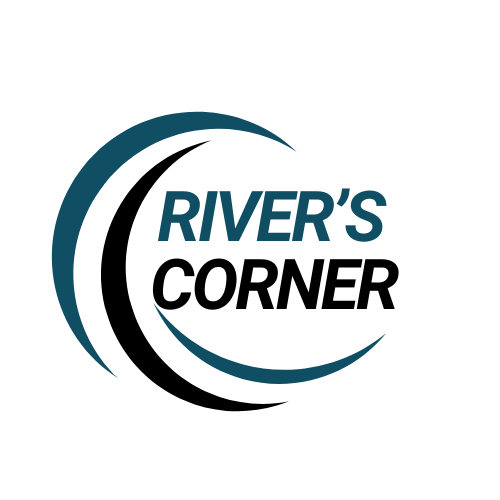
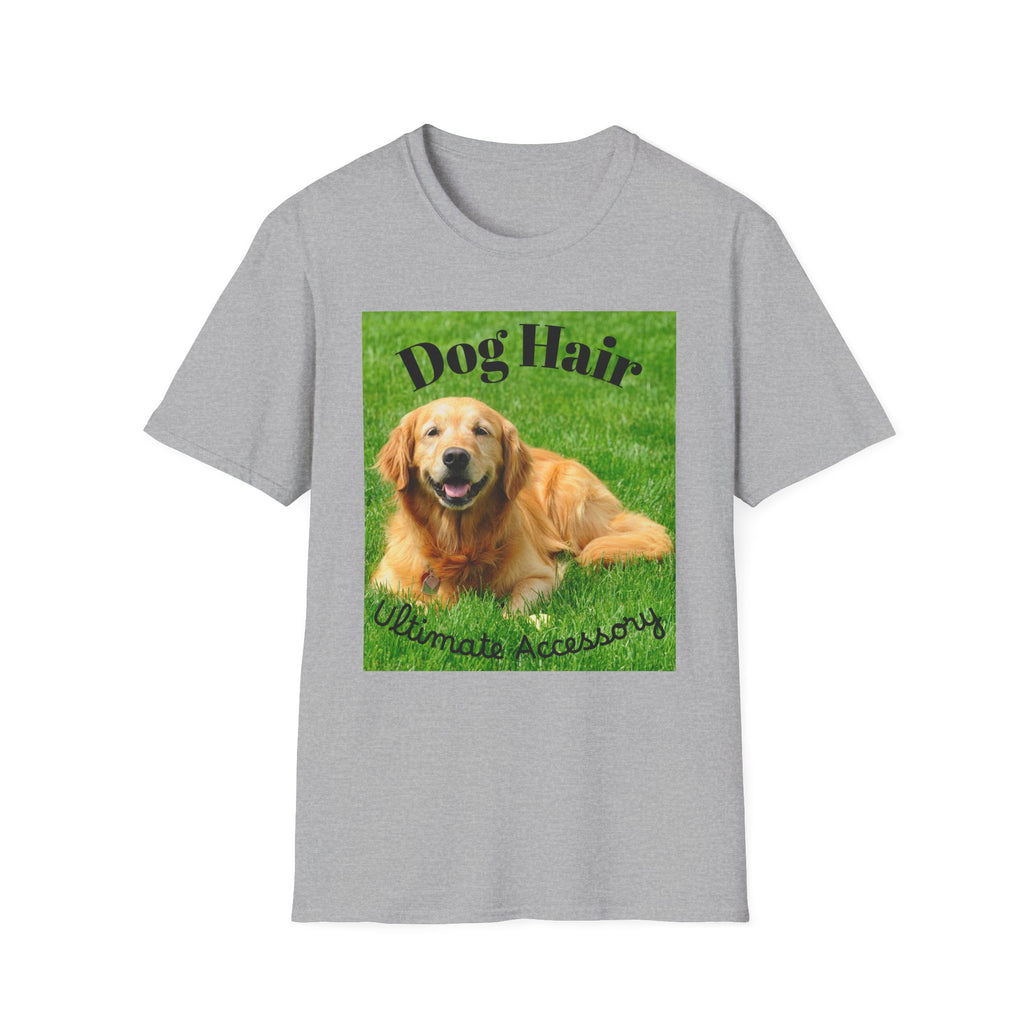
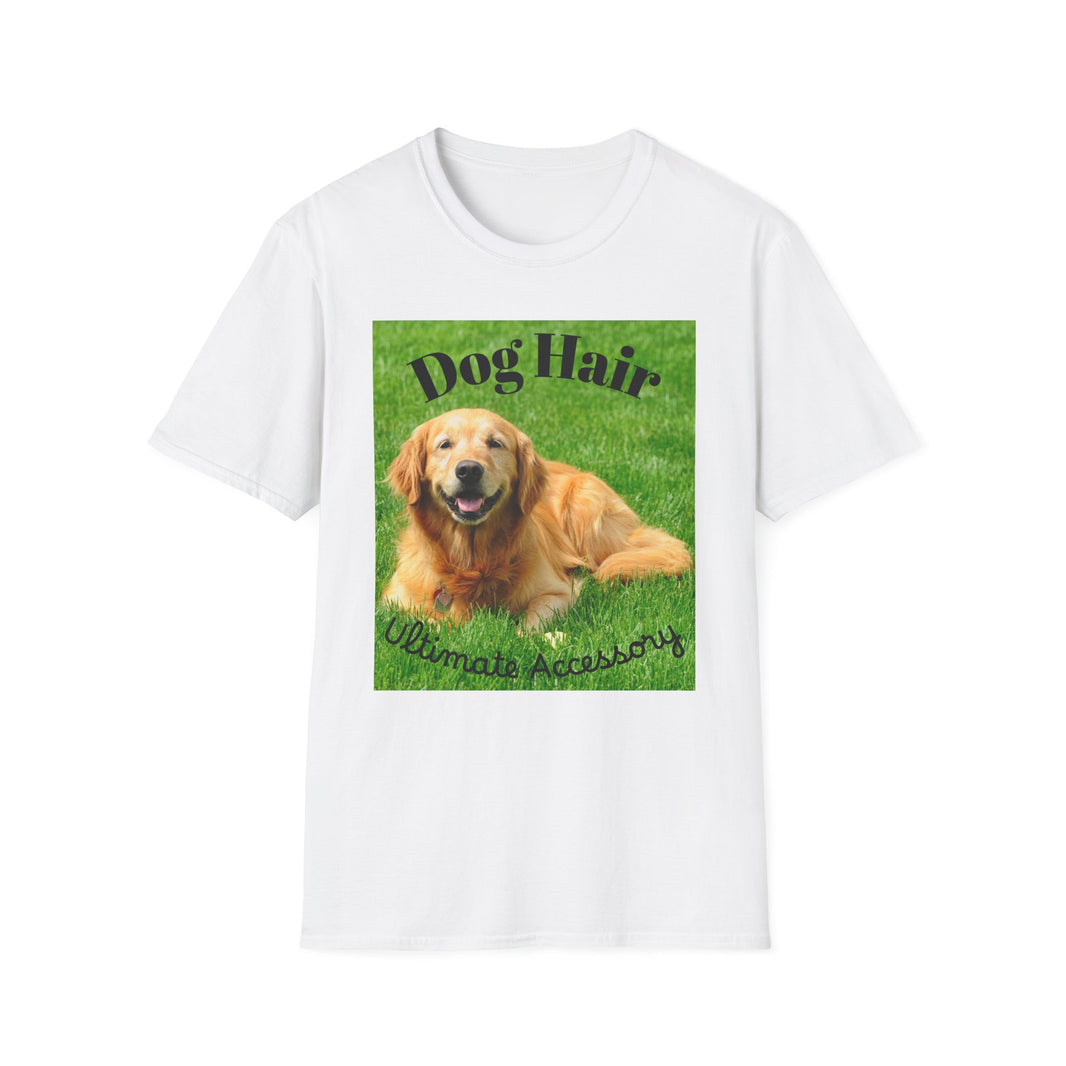
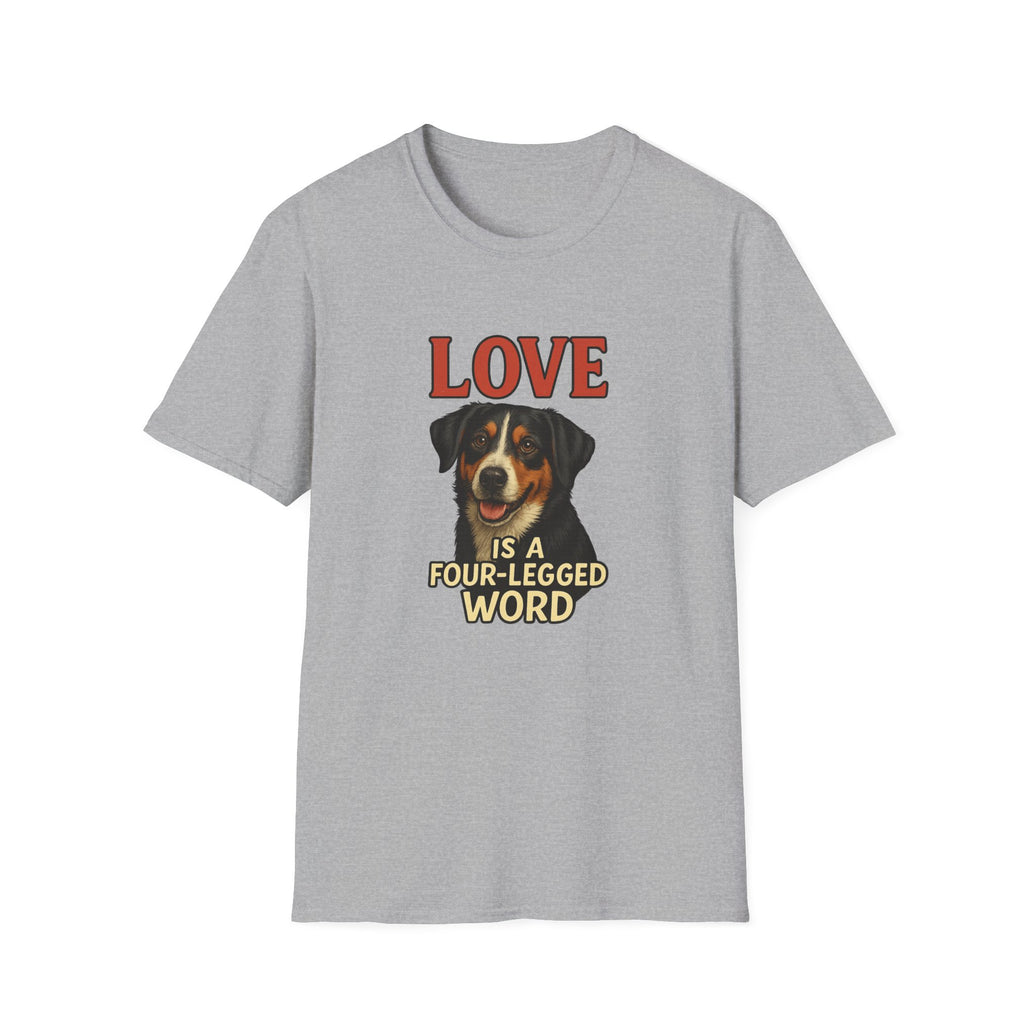
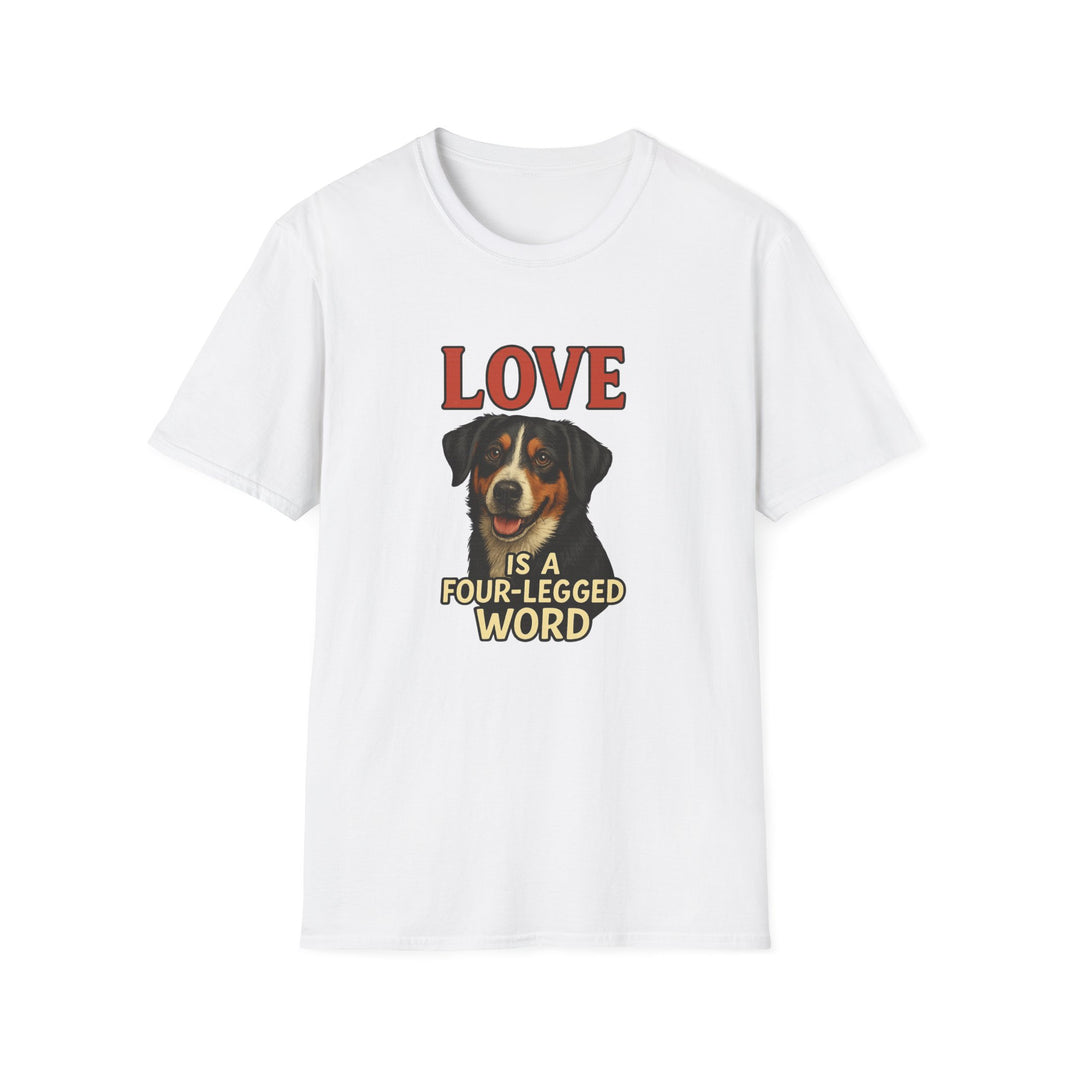
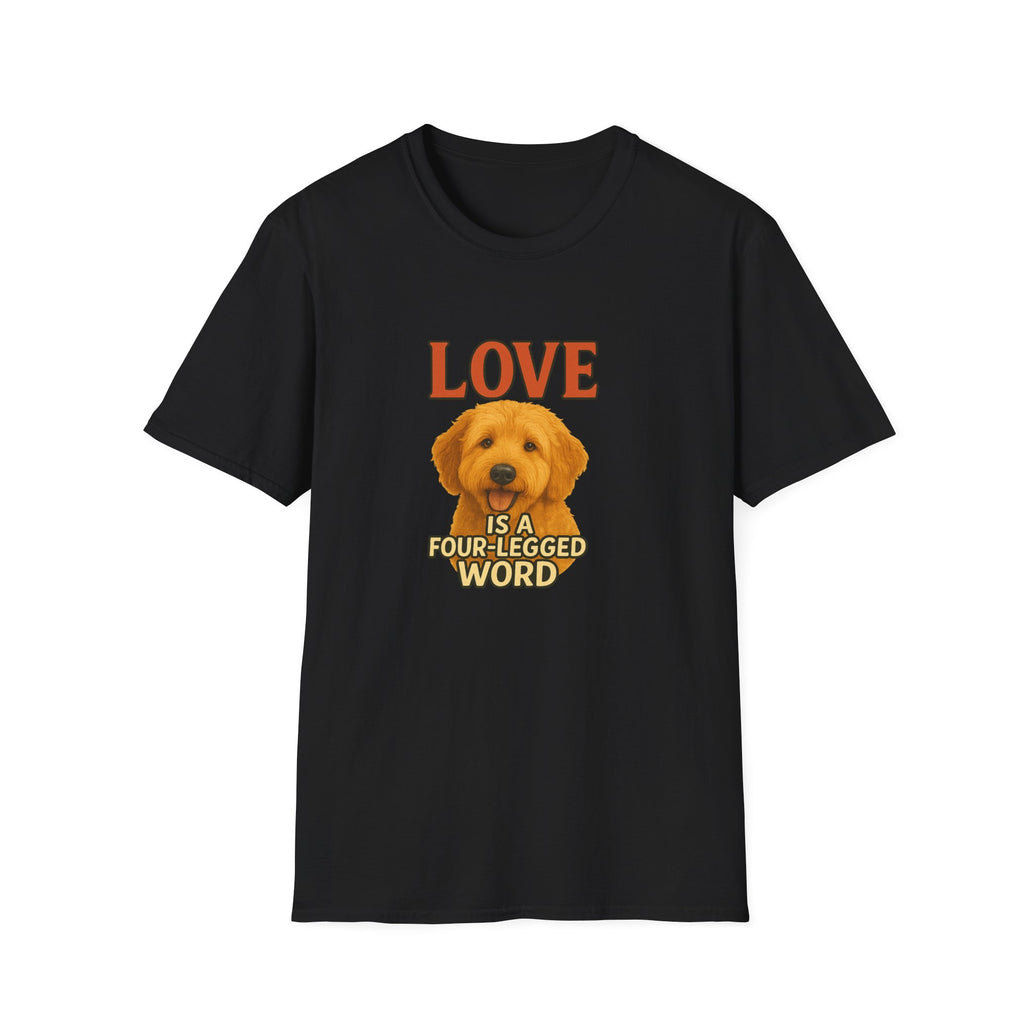
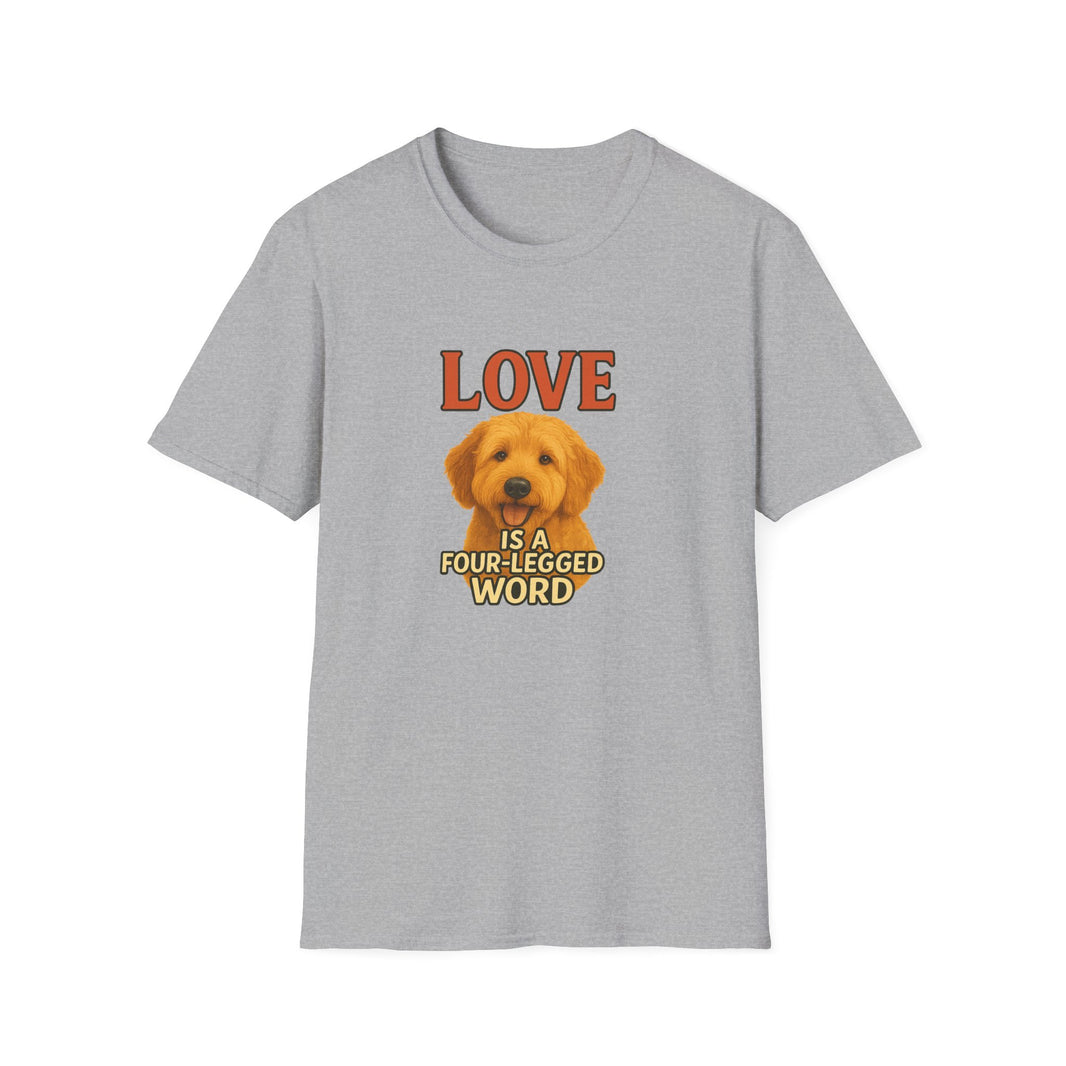

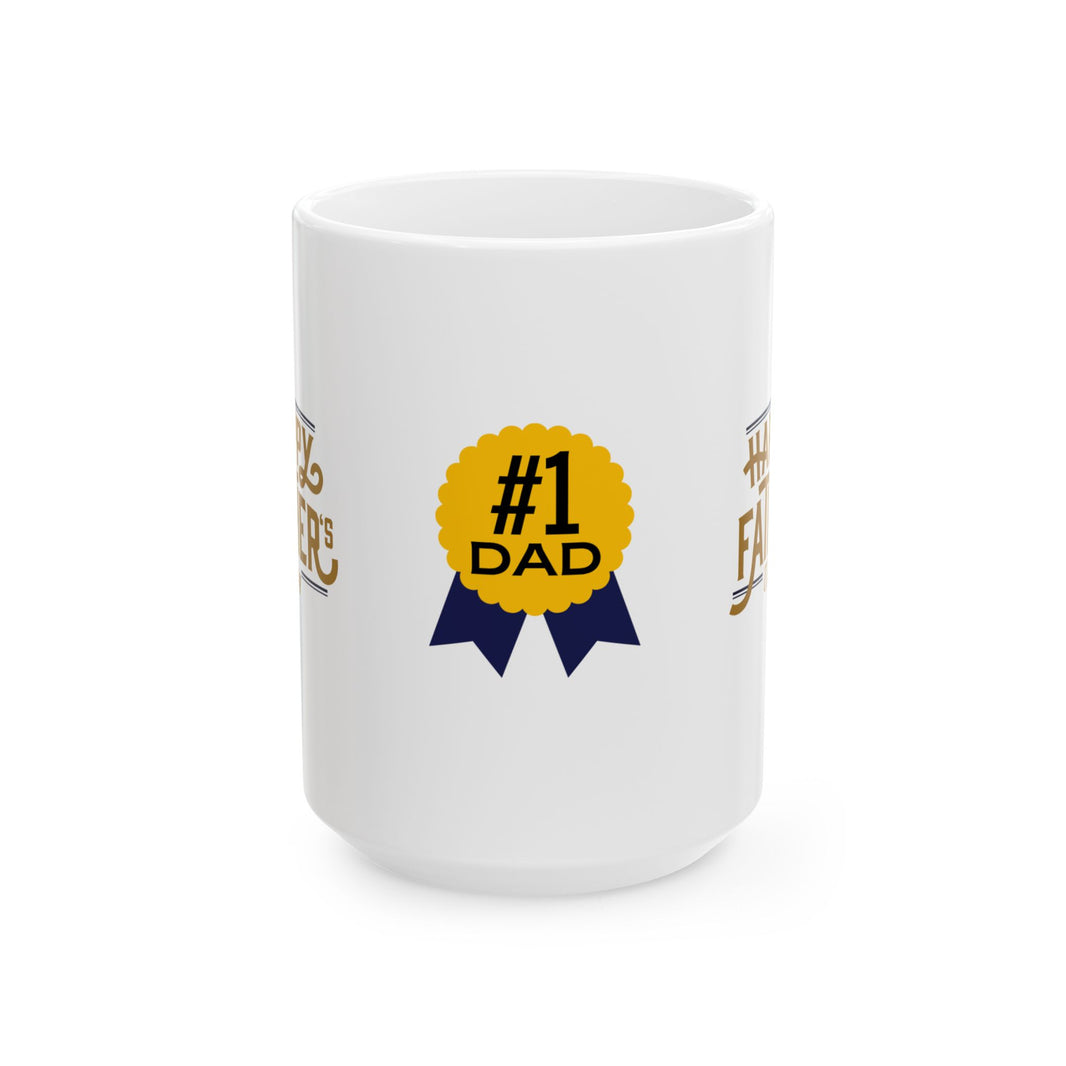

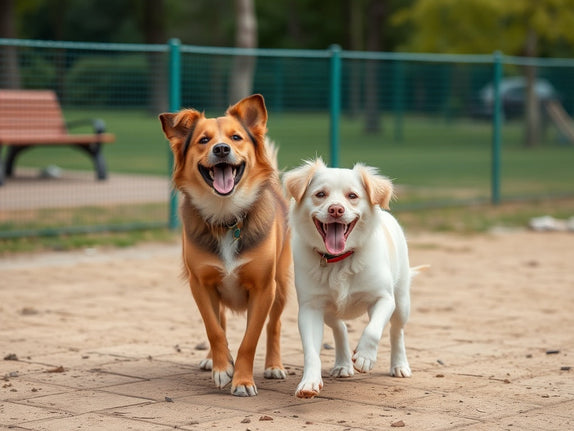
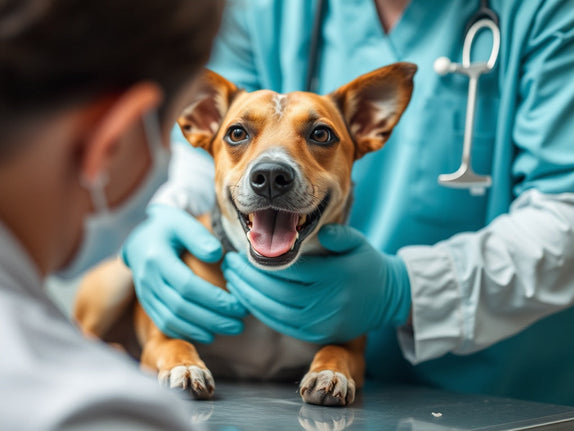

Leave a comment